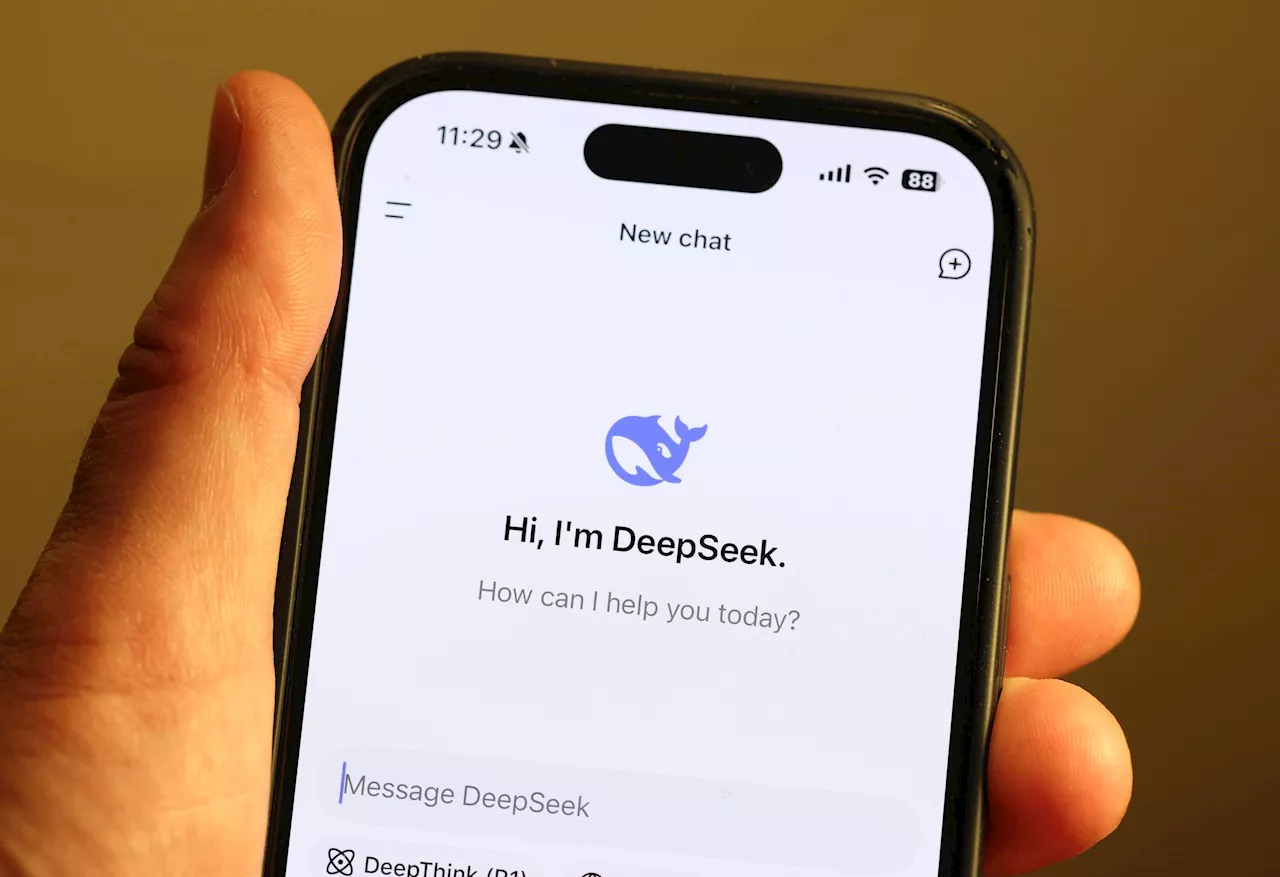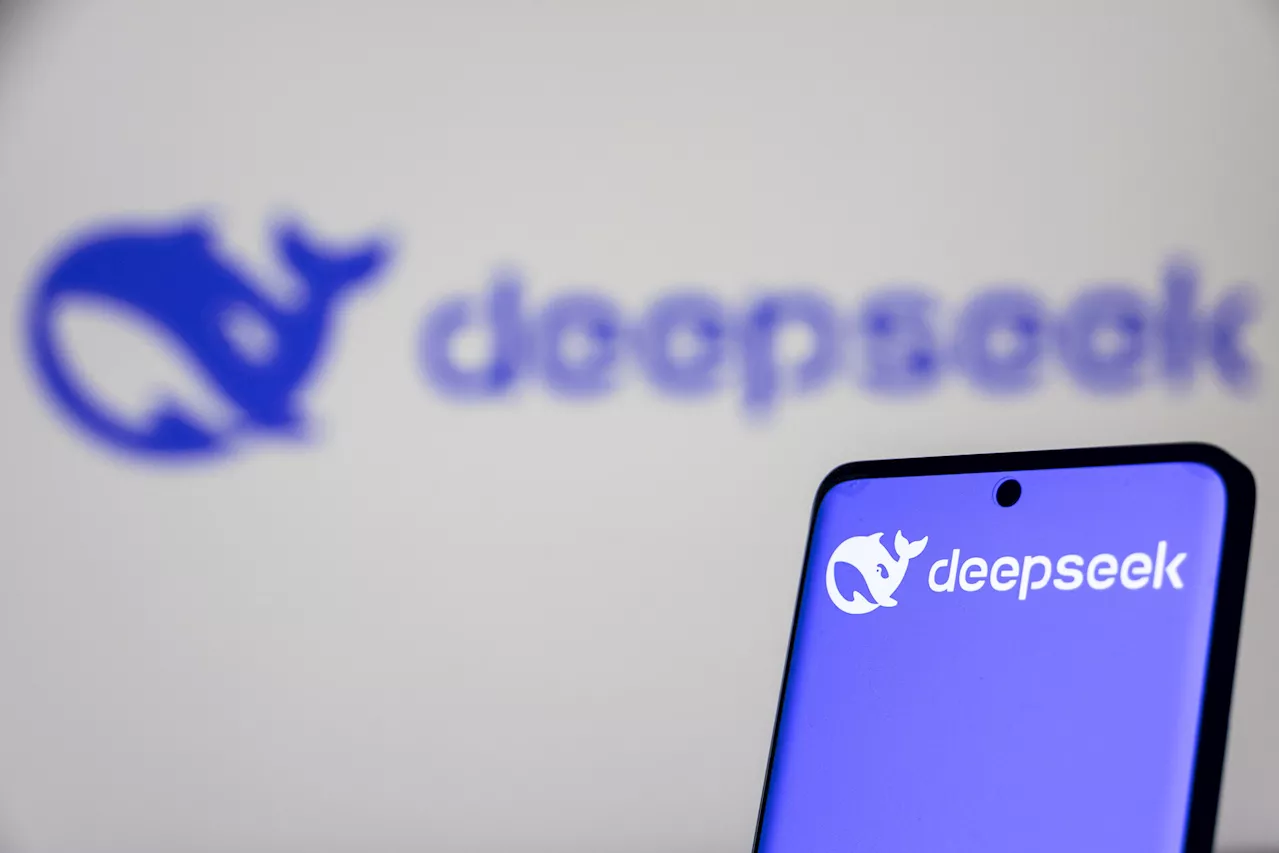A Berkeley PhD candidate claims his team recreated core functions of DeepSeek's R1-Zero AI model for a mere $30, using a smaller language model trained with reinforcement learning. This breakthrough, dubbed 'TinyZero,' challenges the prevailing paradigm of expensive, data-center-heavy AI development and sparks debate about the accessibility and future of AI research.
Jiayi Pan, a PhD candidate at the University of California, Berkeley, claims that he and his AI research team have recreated core functions of DeepSeek's R1-Zero for just $30 — a comically more limited budget than DeepSeek, whichTake it with a grain of salt until other experts weigh in and test it for themselves.
Pan's crew is currently working to produce a paper, but their model, preciously dubbed "TinyZero," is available onon pie-in-the-sky artificial general intelligence ventures led by the likes of Meta, Google, OpenAI, and Microsoft, sending stocks associated with American AI into aAnd if reproducing a model like TinyZero can be done with less than $30 and only a few days of work, then what do big tech conglomerates needOpenAI Hit With Wave of Mockery for Crying That Someone Stole Its...
AI Research Open-Source AI Deeplearning Reinforcement Learning Accessibility
United States Latest News, United States Headlines
Similar News:You can also read news stories similar to this one that we have collected from other news sources.
 Berkeley Researchers Recreat DeepSeek AI for Just $30A team of researchers at the University of California, Berkeley, have successfully recreated the core technology behind China's DeepSeek AI for an astonishingly low cost of $30. This groundbreaking achievement challenges the notion that developing cutting-edge AI requires massive financial resources.
Berkeley Researchers Recreat DeepSeek AI for Just $30A team of researchers at the University of California, Berkeley, have successfully recreated the core technology behind China's DeepSeek AI for an astonishingly low cost of $30. This groundbreaking achievement challenges the notion that developing cutting-edge AI requires massive financial resources.
Read more »
 China: AI’s Sputnik moment? A short Q and A on DeepSeekOn 20 January the Chinese start-up DeepSeek released its AI model DeepSeek-R1.
China: AI’s Sputnik moment? A short Q and A on DeepSeekOn 20 January the Chinese start-up DeepSeek released its AI model DeepSeek-R1.
Read more »
 DeepSeek vs. ChatGPT: Hands On With DeepSeek’s R1 ChatbotDeekSeek’s chatbot with the R1 model is a stunning release from the Chinese startup. While it’s an innovation in training efficiency, hallucinations still run rampant.
DeepSeek vs. ChatGPT: Hands On With DeepSeek’s R1 ChatbotDeekSeek’s chatbot with the R1 model is a stunning release from the Chinese startup. While it’s an innovation in training efficiency, hallucinations still run rampant.
Read more »
 Open-R1: Replicating DeepSeek's Success for an Open and Transparent AI FutureDeepSeek R1's achievement of ChatGPT-level AI without NVIDIA chips shook the market. Open-R1 now aims to replicate this success, creating a fully open-source reasoning AI model, tackling the limitations of DeepSeek's partial open-sourcing and advancing AI transparency.
Open-R1: Replicating DeepSeek's Success for an Open and Transparent AI FutureDeepSeek R1's achievement of ChatGPT-level AI without NVIDIA chips shook the market. Open-R1 now aims to replicate this success, creating a fully open-source reasoning AI model, tackling the limitations of DeepSeek's partial open-sourcing and advancing AI transparency.
Read more »
![]() Chinese AI Company DeepSeek Releases Image GeneratorOpenAI accuses Chinese AI startup DeepSeek of improperly using its models to train its own image generator, DeepSeek. OpenAI claims to have 'some evidence' that DeepSeek engaged in 'distillation,' a method of replicating AI models by using their output for training. Microsoft, which holds a 49% stake in OpenAI, discovered last fall that individuals linked to DeepSeek had extracted a significant amount of data via OpenAI's API. This news has sparked controversy, with some pointing out the irony of OpenAI accusing DeepSeek of practices similar to those OpenAI itself has been accused of.
Chinese AI Company DeepSeek Releases Image GeneratorOpenAI accuses Chinese AI startup DeepSeek of improperly using its models to train its own image generator, DeepSeek. OpenAI claims to have 'some evidence' that DeepSeek engaged in 'distillation,' a method of replicating AI models by using their output for training. Microsoft, which holds a 49% stake in OpenAI, discovered last fall that individuals linked to DeepSeek had extracted a significant amount of data via OpenAI's API. This news has sparked controversy, with some pointing out the irony of OpenAI accusing DeepSeek of practices similar to those OpenAI itself has been accused of.
Read more »
 DeepSeek's Open-Source AI Model Challenges OpenAI and Redefines Global InnovationThe US export controls on advanced semiconductors, intended to slow China's AI progress, have unintentionally spurred innovation. DeepSeek, a Chinese AI company, has released its open-source DeepSeek-R1 model, which rivals OpenAI's performance and demonstrates China's commitment to transparency and global collaboration in AI development.
DeepSeek's Open-Source AI Model Challenges OpenAI and Redefines Global InnovationThe US export controls on advanced semiconductors, intended to slow China's AI progress, have unintentionally spurred innovation. DeepSeek, a Chinese AI company, has released its open-source DeepSeek-R1 model, which rivals OpenAI's performance and demonstrates China's commitment to transparency and global collaboration in AI development.
Read more »
